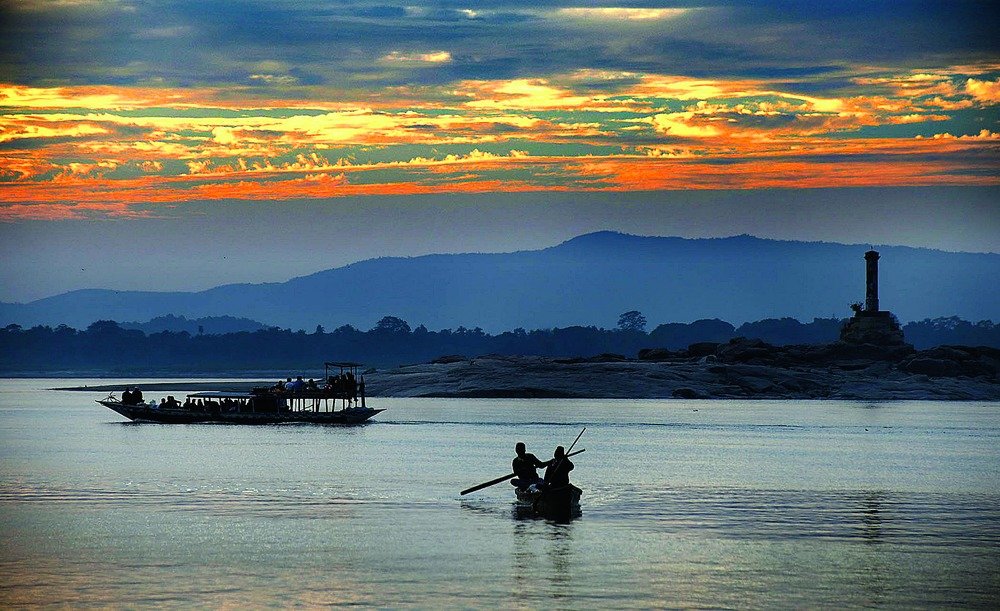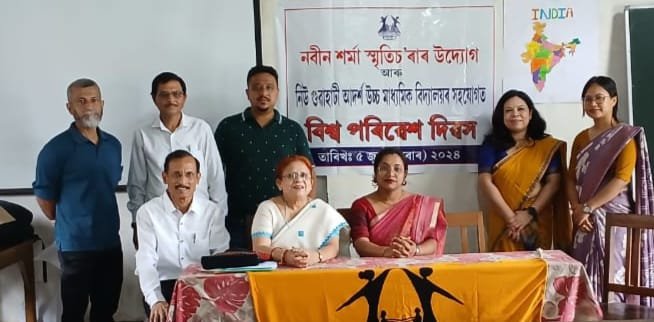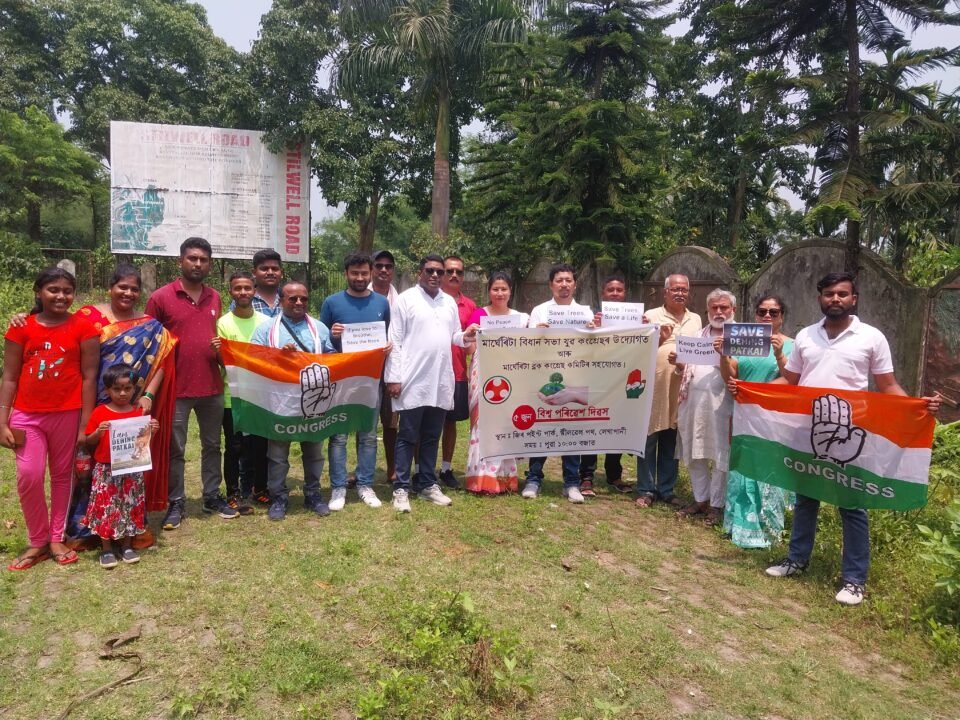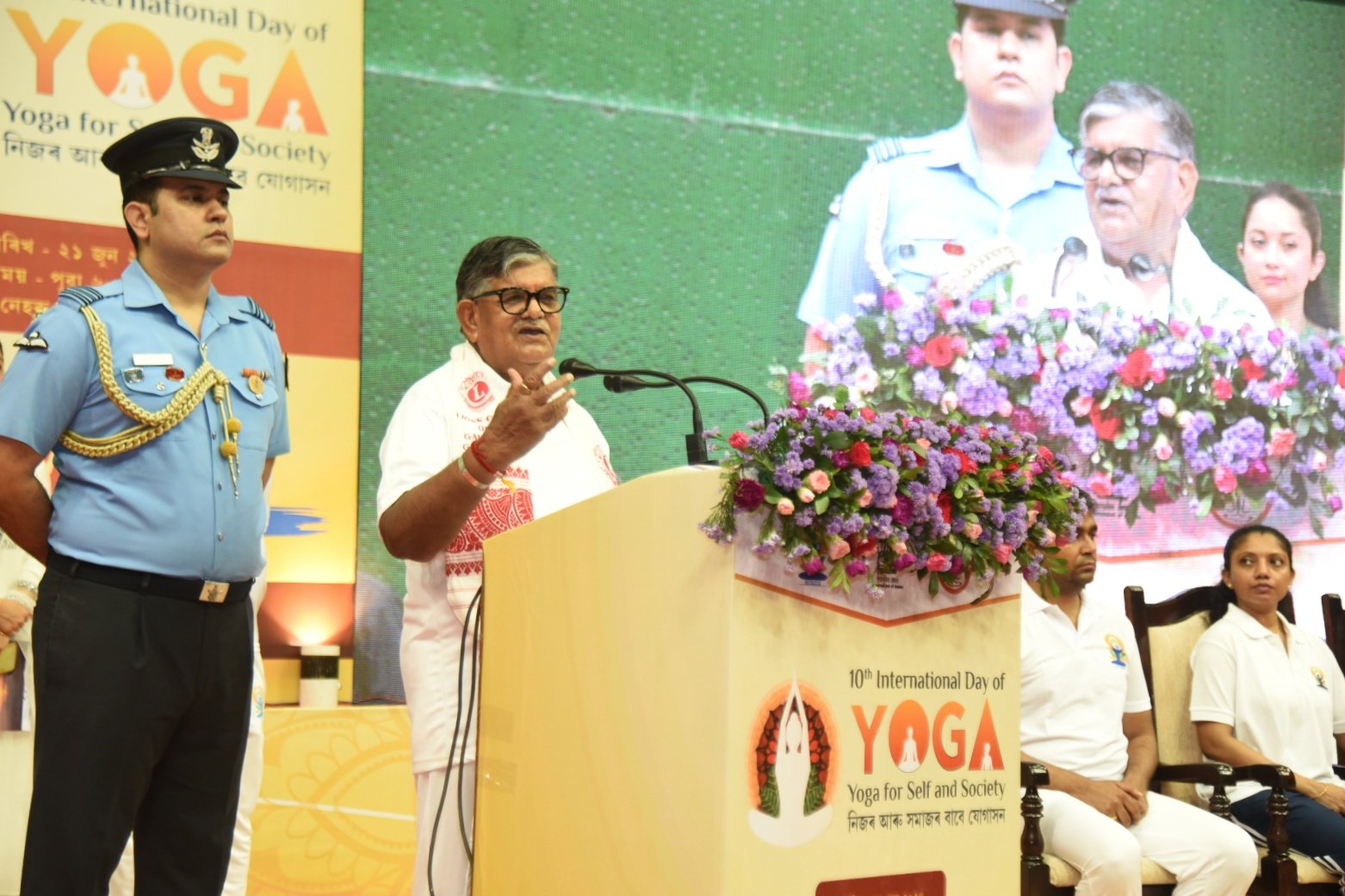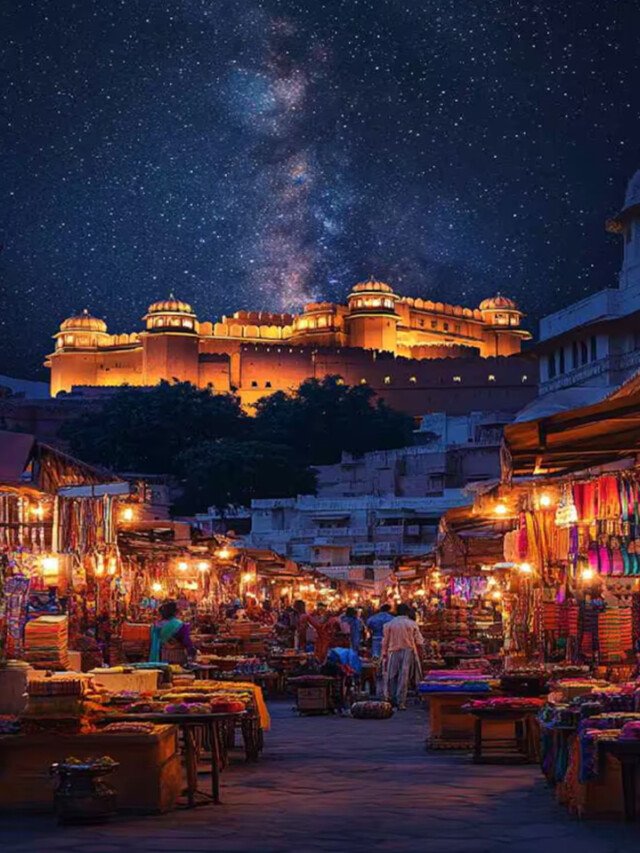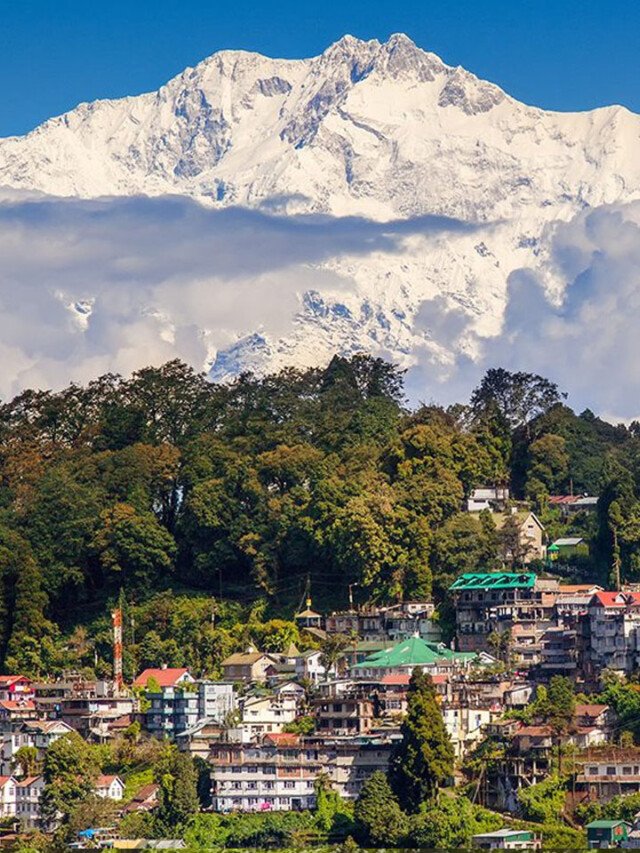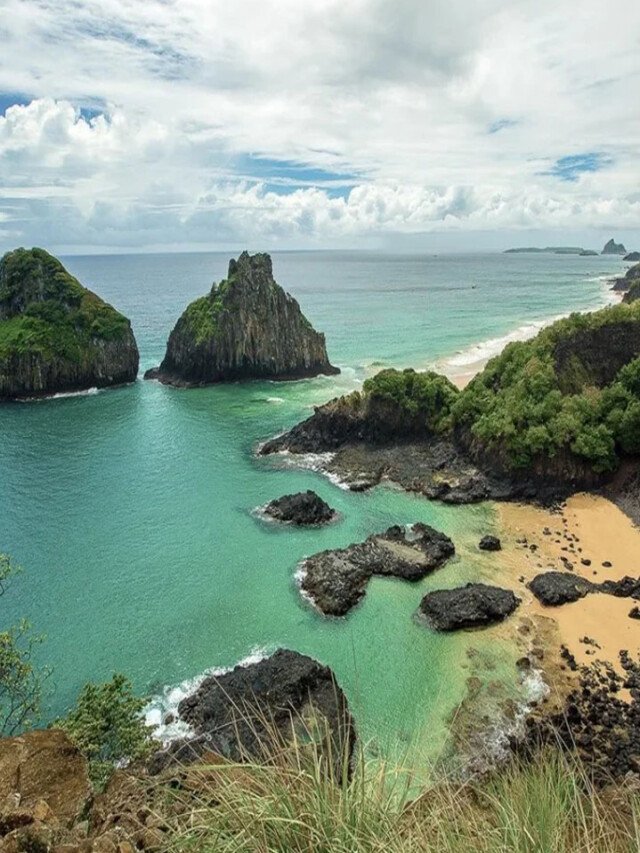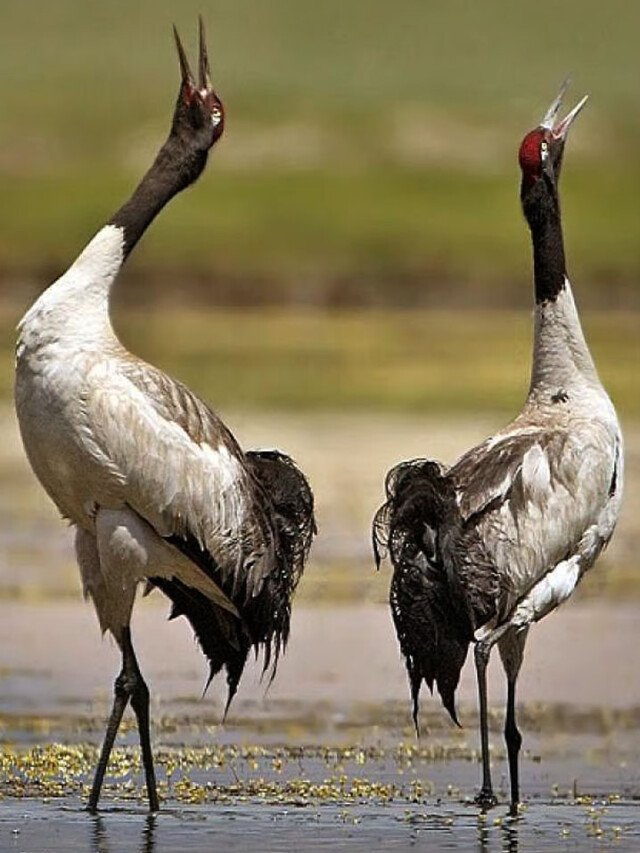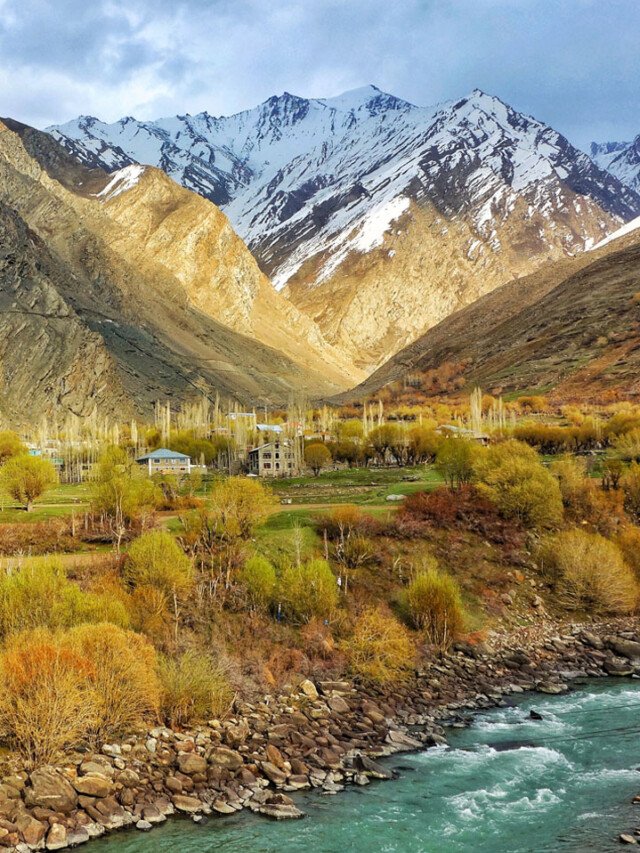HT Digital
GUWAHATI, Feb 21: In 2014, Prime Minister Narendra Modi initiated the Swachh Bharat Mission with the aim of enhancing waste management and eradicating open defecation throughout India. Yet, in the Boko Market region, this mission has not been successful to a great extent, especially in relation to the Boko River, which has become a dumping site for trash.
The river is now extremely polluted, clogged with plastic waste, spoiled food, and leftover meat and fish waste, which creates serious environmental and health risks.
The Boko River, which originates in the West Khasi Hills district of Meghalaya, is supplied with water by various small rivers and streams from the surrounding hills. It eventually feeds into the Brahmaputra River as a tributary. But years of neglect and thoughtless dumping have turned this hitherto beautiful river into a polluted river.
Human beings keep dumping their garbage into the river, killing its original ecosystem and impacting the well-being and means of living of people who depend on it. One of the most affected locations is Borpara revenue village, where the National Highway 17 bridge over the Boko River. Most people have the habit of throwing their trash from the bridge, aggravating the pollution. Bijay Rabha, a worker at the RHAC’s inspection bungalow close to the river, vented his anger over the continuous dumping, stating that in spite of repeated appeals, shopkeepers and locals keep throwing their trash irresponsibly.
Anupam Rabha, a villager in the village of Kaliabori, pointed out that the pollution has affected several villages, such as Borpara, Kaliabori, Nabapur, and Bakarapara. Even the cattle do not drink the water from the river because of its foul odor and toxic nature. Not only has the pollution affected daily life, but also religious and cultural practices. Several Hindu rites call for pure river water, but the present condition of the Boko River renders it practically impossible to carry out these rituals.
Furthermore, wastes are penetrating the ground, thereby polluting groundwater resources like wells and boreholes, forming additional health hazards. Though serious, the situation over the last 21 years did not spur the previous governments into taking action. But the newly elected Boko Market Committee, headed by President Ranjit Doloi, has seen the seriousness of the issue.
The committee has promised to discuss the issue in its first executive meeting and is contemplating levying fines on those who keep dumping garbage in the river. Durgeswar Rabha, the committee General Secretary, also accepted that having more than 450 shops, ranging from vegetable and fruit to meat and electronics shops, there is a critical waste management problem that has to be addressed in the short run.


